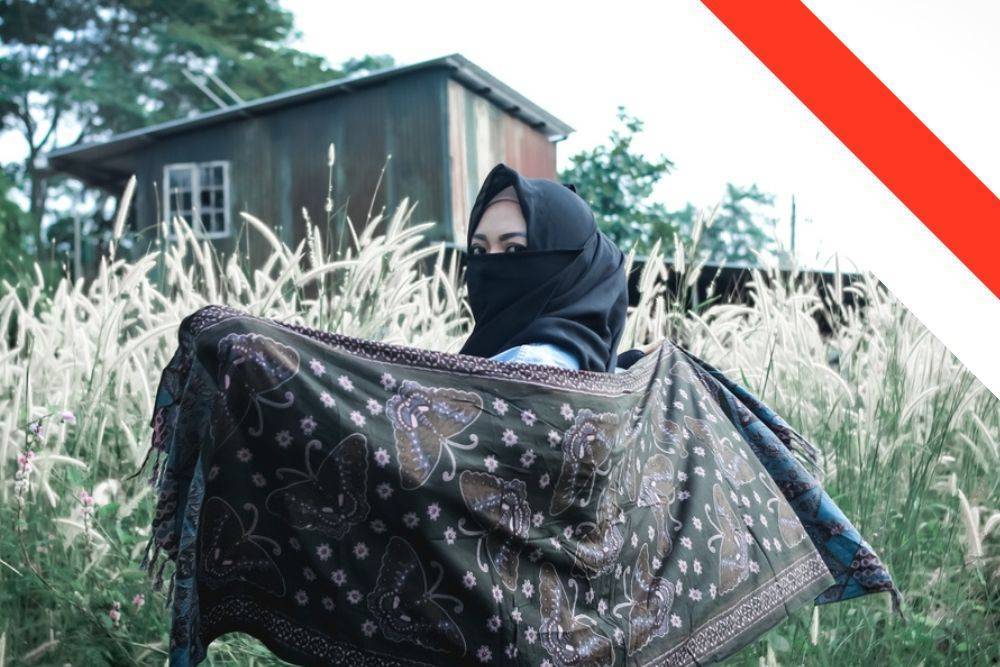A woman in Surabaya went viral about the terror and harassment she experienced for ten years by one of her middle school friends.
This incident highlights the health risks associated with emotional abuse.
Woman Terrorised for 10 Years Goes Viral in Surabaya
A recent article from detikHealth discusses the harrowing ordeal of a woman in Surabaya who was terrorised and harassed by a former schoolmate for a decade. The woman reported that the man used a staggering 440 social media accounts to torment her, posting sexually suggestive content and causing her immense distress. Thankfully, she ultimately decided to report him to the police.
This case highlights the importance of recognising the psychological signs of abuse and the red flags that can indicate a potentially abusive partner. Psychologists have identified several key behaviours, including emotional manipulation, controlling tendencies, and aggression.
The article emphasises the crucial need for women to prioritise their well-being and seek help if they are experiencing abuse. The consequences of staying in an abusive relationship can be devastating. It encourages women to recognise these “red flags” in their partners and to seek support from local organisations or authorities if necessary.
Recognising Emotional Abuse
Emotional abuse, a form of domestic violence, involves a systematic pattern of behaviours that aims to control, isolate, and belittle the victim. Perpetrators use various tactics, including:
Jealousy and Possessiveness: Excessive monitoring of phone calls or social media, accusations of infidelity without basis, or controlling behaviour due to perceived threats.
Verbal Abuse: Derogatory name-calling, insults, threats, or constant criticism aimed at breaking down the victim’s self-esteem.
Isolation: Restricting contact with friends and family, or discouraging participation in social activities, to control the victim’s support network.
Guilt-tripping and Blaming: Making the victim feel responsible for the abuser’s actions or emotions.
Health Risks Associated with Emotional Abuse
Emotional abuse can have severe physical health consequences. Victims often experience chronic stress, which can lead to issues such as high blood pressure, heart disease, and a weakened immune system. The constant state of tension and anxiety can also result in gastrointestinal problems, headaches, and sleep disorders. Over time, the physical toll of living in an emotionally abusive environment can lead to long-term health complications, significantly impacting the victim’s overall well-being.
Challenges for Asian Women
Cultural norms in many Asian societies can make it harder for women to identify harassment as a form of domestic abuse. Here’s why:
Prioritising Family Harmony: The emphasis on maintaining a peaceful family unit may often compel women to downplay or even tolerate emotional abuse. This tolerance is frequently driven by a desire to avoid any conflict within the relationship, prioritising harmony over personal well-being. In many cases, women might endure significant psychological distress to preserve a semblance of domestic tranquillity. The societal pressure to uphold a cohesive family image often exacerbates this issue, further discouraging them from addressing or confronting the abuse. Consequently, emotional abuse can persist unchecked, as the priority remains on maintaining a façade of peace and unity within the family.
Collectivism vs. Individualism: Asian cultures often prioritise the needs of the group over those of the individual. This collective mindset can make it exceedingly difficult for women to speak up about their personal experiences of abuse. The fear of bringing shame upon their family and community often compels them to remain silent. This cultural expectation places immense pressure on women to suppress their voices and endure suffering privately. Consequently, many cases of abuse go unreported and unaddressed, perpetuating a cycle of silence and victimisation. The prioritisation of communal harmony over individual well-being can create an environment where women feel unsupported and isolated in their struggles.
Breaking the Silence: Seeking Support
If you are experiencing emotional abuse in your relationship, it’s crucial to seek help. Here are resources available to Asian women:
Local Support Groups: Many Asian countries have organisations dedicated to supporting victims of domestic violence. You can find resources online or reach out to women’s shelters in your area. Here are some examples:
The All India Democratic Women’s Association (AIDWA) (India)
The Association of Women for Action and Research (AWARE) (Singapore)
Korean Women’s Development Institute (KWDI) (South Korea)
Legal Assistance: Lawyers can advise on legal options and navigate the justice system in cases of domestic violence.
Reporting to Authorities: Police and social services can offer protection and investigate incidents of emotional abuse within abusive relationships.
Remember, You Deserve Respect
Emotional abuse is a serious form of domestic violence. Recognising the signs and seeking help is critical for your well-being. Don’t hesitate to prioritise your safety and mental health. There is support available, and you don’t have to endure this abuse alone.
Reference:
1. Health Detik. (2024, May 25). Viral Wanita Diteror 10 Tahun, Psikolog Ungkap Tanda-tanda Cowok ‘Red Flag’. Retrieved from https://health.detik.com/berita-detikhealth/d-7350571/viral-wanita-diteror-10-tahun-psikolog-ungkap-tanda-tanda-cowok-red-flag
- NNEDV. (2024, March 30). Red Flags of Abuse. Retrieved from https://nnedv.org/content/red-flags-of-abuse/
- Mahapatra N, DiNitto DM. (2012). Help-Seeking Behaviors of South Asian Women Experiencing Domestic Violence in the United States. Journal of Family Violence, 27(3), 381–90. Retrieved from https://www.ncbi.nlm.nih.gov/pmc/articles/PMC8048142/
- Garbo. (n.d.). 10 Weird Red Flags in an Abusive Relationship. Retrieved from https://www.garbo.io/blog/red-flags-in-an-abusive-relationship
- Cleveland Clinic Health Essentials. (n.d.). How To Spot Relationship Red Flags. Retrieved from https://health.clevelandclinic.org/domestic-abuse-how-to-spot-relationship-red-flags
Have a pressing question for a doctor? Medical Channel Asia has launched a community forum page where you can get questions answered by a medical specialist. Visit the community forum here.

